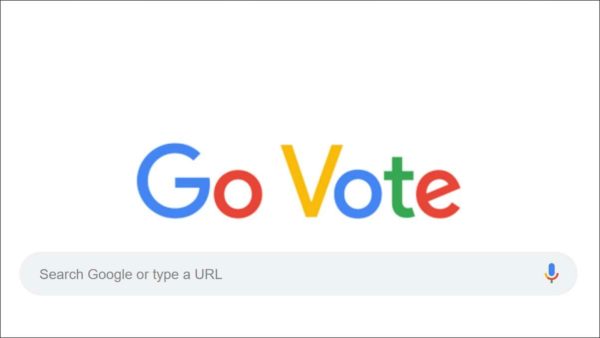Gone are the days when the internet was simply a tool to learn more about candidates and issues.
Facebook blocks ‘inauthentic coordinated behavior.’ Facebook reported that on Sunday the company was informed by law enforcement of likely foreign election interference. The company responded by blocking the suspicious accounts.
“Our very early-stage investigation has so far identified around 30 Facebook accounts and 85 Instagram accounts that may be engaged in coordinated inauthentic behavior. We immediately blocked these accounts and are now investigating them in more detail,” the company said. “Almost all the Facebook Pages associated with these accounts appear to be in the French or Russian languages, while the Instagram accounts seem to have mostly been in English — some were focused on celebrities, others political debate.”
Interestingly, Facebook says that in a typical situation it wouldn’t announce something like this unless it was “further along with our analysis.” However, the company wants to avoid any appearance of delay or complacency given what happened with the presidential election.
For its part, Twitter says it has removed 10,000 accounts that sought to discourage Democrats from voting. It’s not immediately clear at this point who or how many entities are behind these fraudulent accounts.
Finding polling places, searching outcomes. In contrast to the pitched battle to keep social media from misleading voters, Google reminds users of search’s utility on Election Day. In a post that has an almost nostalgic quality, Google points out all the things that search can do on Election Day:
– Locate polling places
– Obtain information about federal or gubernatorial candidates
– Learn about state propositions
– Provide real-time voting outcomes for the Senate, House and governors races
Ads get ugly. Finally, all the major TV networks and Facebook declined to air or pulled an ad from the Trump organization that sought to stoke fear of immigrants in an effort to rally Republicans to the polls. NBC and Facebook had originally aired the 30-second spot, which was widely criticized as racist, but pulled it after a backlash.


